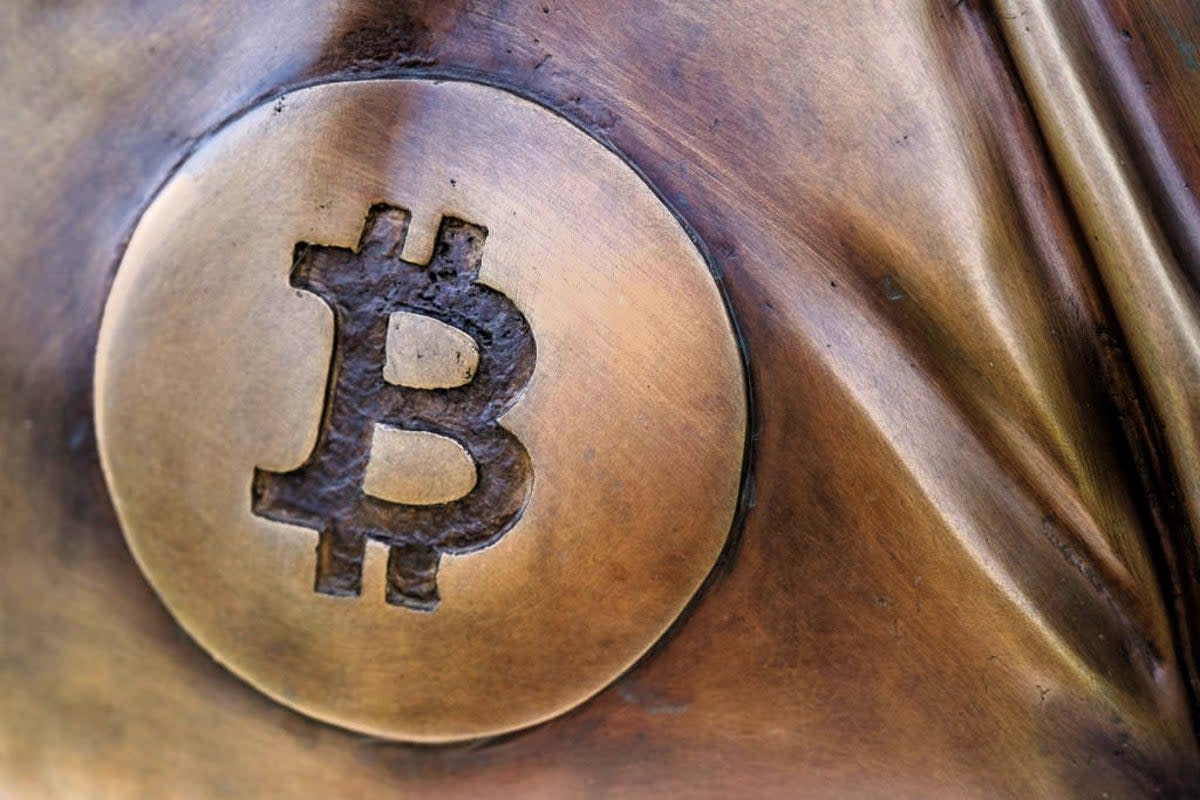Bitcoin mystery deepens as dozens of Satoshi Nakamoto emails surface

An early bitcoin developer has shared dozens of private messages from Satoshi Nakamoto, revealing rare insights into the pseudonymous founder of the cryptocurrency.
Martti Malmi, also known as Sirius, began collaborating with Nakamoto in 2009, just months after bitcoin launched. His exchanges with Nakamoto during that time provide new clues about the inventor of bitcoin, as well as other prominent figures from the early years of cryptocurrency.
They also show that Nakamoto forecast future criticisms of bitcoin, including how energy intensive its network might become.
“If it did grow to consume significant energy, I think it would still be less wasteful than the labour and resource intensive conventional banking activity it would replace,” Nakamoto wrote.
“The cost would be an order of magnitude less than the billions in banking fees that pay for all those brick and mortar buildings, skyscrapers and junk mail credit card offers.”
The consistent use of English spelling, rather than US spelling, appears to confirm previous speculation that Nakamoto was not from the United States.
My email correspondence with Satoshi in 2009-2011: https://t.co/jyoX8gXckp
— Martti Malmi (@marttimalmi) February 23, 2024
The emails, which were published on Github on 23 February, were used as evidence in an ongoing UK court case brought against software developer Craig Wright, who claims to be Satoshi Nakamoto.
The 53-year-old Australian said in a statement to the court that he “played a pivotal role in ushering in a new era of financial technology”. The Crypto Open Patent Alliance (COPA), who brought the case against Dr Wright, accuse him of carrying out “industrial scale forgery” in order to support his claims.
“Dr Wright has consistently failed to supply genuine proof of his claim to be Satoshi: instead, he has repeatedly proffered documents which bear clear signs of having been doctored, Jonathan Hough KC, representing COPA, said in a written submission at the start of the trial earlier this month.
Dr Wright has denied those claims in court. The trial continues this week, with expert witnesses set to be questioned.
Speculation surrounding Satoshi Nakamoto’s true identity has centred around several high-profile figures within the crypto industry, including early bitcoin pioneers Hal Finney and Nick Szabo, though no definitive proof has ever been provided.
Since Nakamoto stepped back from bitcoin in 2011, the cryptocurrency has risen in value by more than 10,000 per cent, making their personal holdings worth more than $35 billion (£27.7bn) at today’s prices – ranking them among the 30 richest people on the planet.

 Yahoo News
Yahoo News 
